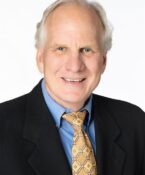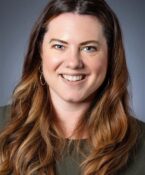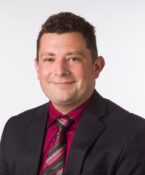Dr. Teresa Wagner receives $272,000 grant to certify community health workers
- April 4, 2022
- By: Kathryn Lytton
- Community
During the last two years, the pandemic has highlighted the health disparities that millions of Texans face, from local access to health care to being able to find and navigate accurate health information. One way to help bridge these gaps is through community health workers.
Dr. Teresa Wagner is hoping to improve the health of Texas communities by making sure they have access to these workers.
Wagner, an Assistant Professor at The University of North Texas Health Science Center at Fort Worth, is achieving this goal by providing free certification courses for those aspiring to serve their communities in the community health workers’ realm, especially in rural and underserved communities. This work is being made possible through a $272,000 grant recently awarded by the Texas Higher Education Coordinating Board.
Dr. Wagner, who works in the Department of Lifestyle Health Sciences in HSC’s School of Health Professions and serves as Clinical Executive for SaferCare Texas, has previously worked on developing continuing education modules for community health workers.
“With the demand for community health workers exploding since the pandemic, we decided to add both certification and instructor trainings through HSC,” she said. “Our grant proposal recommended adapting the curriculum into an easily accessible, user-friendly online format in both English and Spanish.”
Dr. Wagner hopes to target counties that lack community health workers and build that workforce by helping people get credentialed.
“Traditionally, community health workers are the grassroots helpers invested and connected in their community,” Dr. Wagner said. “Their roles have evolved as states have begun formalizing their work as a profession. They really are a conduit for health literacy, sharing health information in a way that’s culturally appropriate, understandable and usable for people who have no other way of either accessing or understanding the information in a way that’s actionable.”
With community health workers bridging the communication gap and serving as the first line of defense for community members in preventing illness and disease, there are a variety of employment opportunities and models outside of a traditional health care system.
“There are typically no public health offices in remote counties,” Dr. Wagner said. “So, while urban areas may employ community health workers in their public health offices or community clinics, more remote areas may employ community health workers through their library, community center, or even a church or mission.
“Depending on the employer, each community health worker’s community interaction may look a little different, but essentially, they are the public health primary prevention tool, connecting their community members to screenings and services that keep them well by introducing baseline health concepts.”
The goal in providing the training is to get more community health workers out in the communities that need them, according to Dr. Wagner. The curriculum covers the eight core competencies of community health work — communication, interpersonal interactions, service coordination, capacity-building, advocacy, teaching, organizational skills and knowledge.
The 160-hour certification course will last for 16 weeks and begins at the end of May. In-class sessions will be held twice a week and taped for those unable to attend.
Individuals interested in becoming a community health worker can contact Dr. Teresa Wagner (teresa.wagner@unthsc.edu) for more information.






Social media